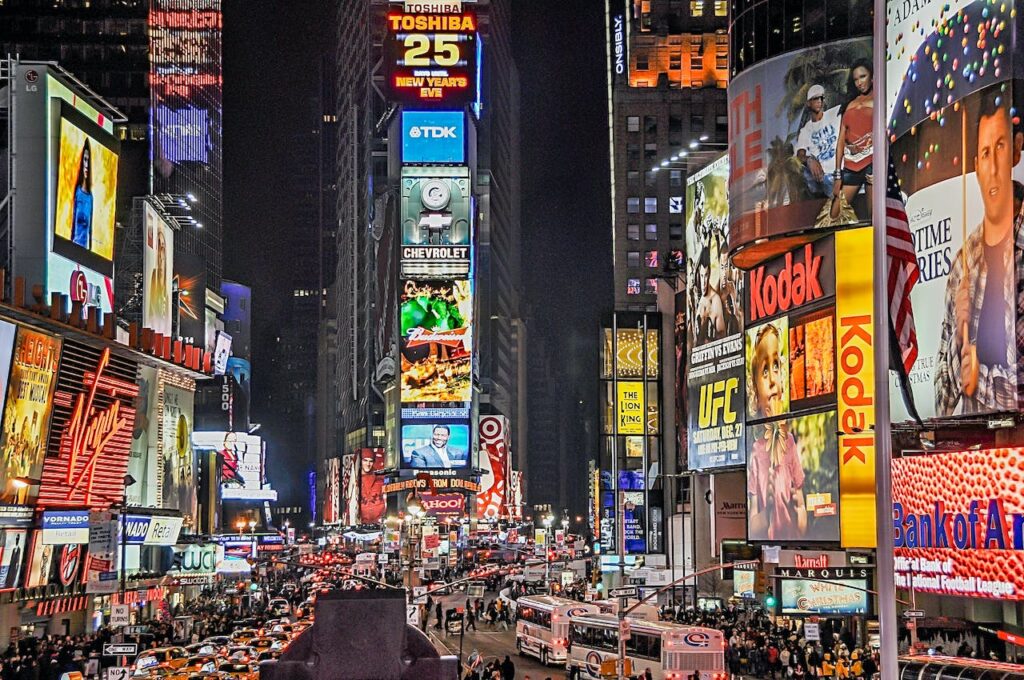In today’s fast-paced world, metropolitan markets stand as epicenters of growth, innovation, and cultural diversity. These bustling hubs are more than just commercial spaces; they are melting pots of ideas, traditions, and aspirations, reflecting the vibrant tapestry of urban life. This article delves into the multifaceted nature of the metropolitan market, offering insights into its economic impact, cultural significance, and future trends.
The Essence of Metropolitan Markets
Defining the Metropolitan Market Landscape
Metropolitan markets are not just physical spaces; they are dynamic ecosystems thriving with activity and innovation. These markets act as the lifeblood of cities, pulsating with the energy of commerce, culture, and community. They are places where dreams take shape, and opportunities abound, offering a canvas for entrepreneurs, artists, and visionaries to paint their stories.
The Economic Pulse of Cities
At the heart of every great city lies its metropolitan market. These markets are economic powerhouses, contributing significantly to the GDP and providing employment to millions. From bustling street vendors to high-rise corporate offices, the diversity in commerce is a testament to the market’s adaptability and resilience.
Cultural Mosaic: Diversity in Metropolitan Markets
Celebrating Multiculturalism and Inclusivity
Metropolitan markets are melting pots of cultures, where traditions from around the world coalesce, creating a rich tapestry of experiences. These markets offer a unique glimpse into the soul of a city, showcasing its history, its people, and its aspirations.
Impact on Local and Global Cultures
The influence of metropolitan markets extends beyond their geographical boundaries. They shape trends, dictate fashion, and often set the tone for cultural discourse, both locally and internationally.
Economic Powerhouses: The Role of Metropolitan Markets
Engines of Growth and Innovation
Metropolitan markets are not just economic centers; they are incubators for innovation and growth. They provide the infrastructure and ecosystem necessary for businesses to flourish, from startups to multinational corporations.
Small Businesses and Global Corporations: A Symbiotic Relationship
The interplay between small businesses and large corporations in metropolitan markets creates a vibrant economic landscape. This symbiosis fosters a competitive yet collaborative environment, essential for sustainable growth.
Technology and Innovation in Metropolitan Markets
Digital Transformation and Market Dynamics
Technology has revolutionized the way metropolitan markets operate. From e-commerce to smart city initiatives, digital innovation is reshaping the urban commercial landscape, offering new avenues for growth and efficiency.
Emerging Trends and Future Prospects
Staying ahead of the curve is crucial in metropolitan markets. Emerging technologies like AI, blockchain, and IoT are not just buzzwords; they are the harbingers of a new era in urban commerce and lifestyle.
Sustainability and Environmental Consciousness
Green Initiatives and Eco-friendly Practices
Metropolitan markets are increasingly embracing sustainable practices. From reducing carbon footprints to promoting green spaces, these markets are at the forefront of the environmental movement, balancing urban development with ecological responsibility.
Balancing Development and Environmental Responsibility
The challenge for metropolitan markets is to grow sustainably. This involves making conscious decisions about resource utilization, waste management, and urban planning, ensuring a healthy environment for future generations.
The Social Fabric: Community and Connection
Building Community in Urban Spaces
Metropolitan markets are more than just commercial hubs; they are communities. They provide a sense of belonging and identity, fostering connections among diverse groups and nurturing a shared sense of purpose.
Social Enterprises and their Impact
The rise of social enterprises in metropolitan markets is a testament to the changing face of commerce. These businesses blend profit with purpose, addressing social issues through innovative solutions, and strengthening the social fabric of urban communities.
Challenges and Opportunities in Metropolitan Markets
Navigating Urban Complexities
Metropolitan markets face unique challenges, from congestion and pollution to inequality and gentrification. Addressing these issues requires innovative thinking and collaborative efforts from all stakeholders.
Seizing Growth Opportunities Amidst Challenges
Despite these challenges, metropolitan markets offer unparalleled opportunities for growth and development. They are platforms for change, where the right ideas, backed by the right resources, can make a significant impact.
Metropolitan Market: A Global Perspective
Case Studies from Around the World
Looking at metropolitan markets globally offers valuable insights. From New York’s Wall Street to Tokyo’s Shibuya, each market has its unique story, contributing to a rich tapestry of urban commerce and culture.
Learning from Global Best Practices
Adopting best practices from around the world can help metropolitan markets evolve and thrive. This global perspective is crucial for fostering innovation, sustainability, and inclusivity in urban commercial spaces.
The Future of Metropolitan Markets
Predicting Trends and Preparing for Change
The future of metropolitan markets is as dynamic as their present. Anticipating trends and preparing for changes is key to staying relevant and competitive in an ever-evolving urban landscape.
Embracing the Future with Optimism
With challenges come opportunities. Metropolitan markets, with their inherent resilience and adaptability, are well-positioned to embrace the future, driving innovation and growth in the urban world.

